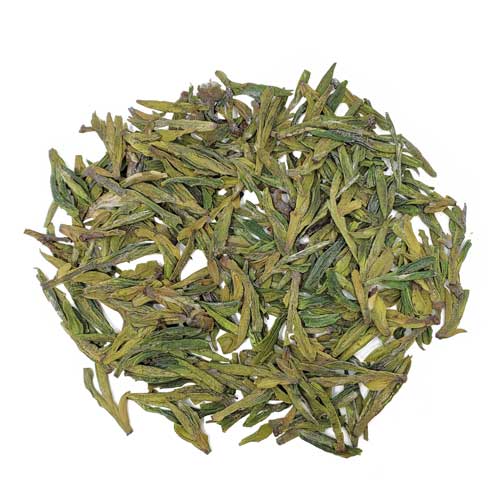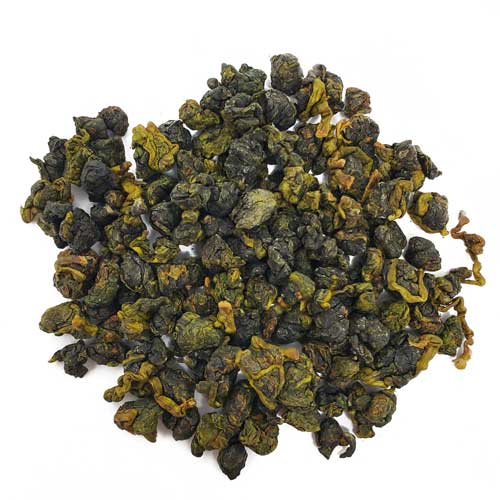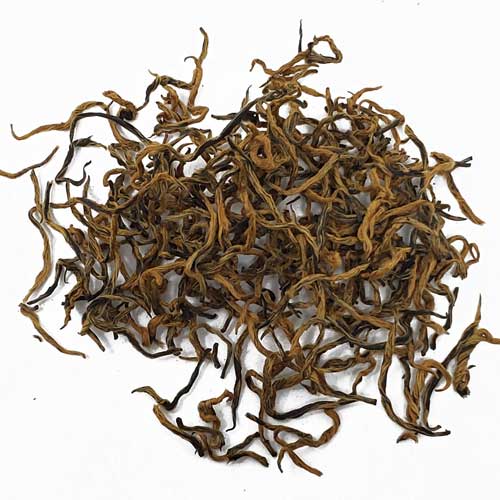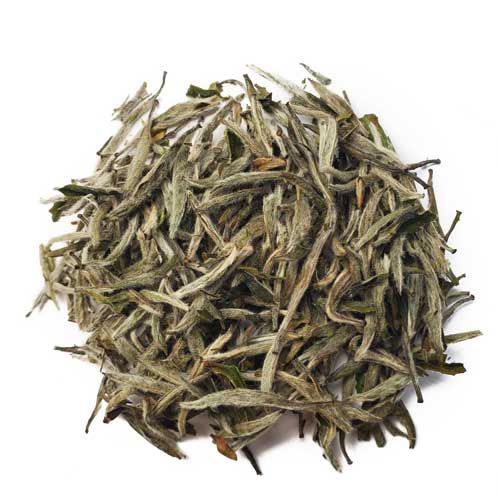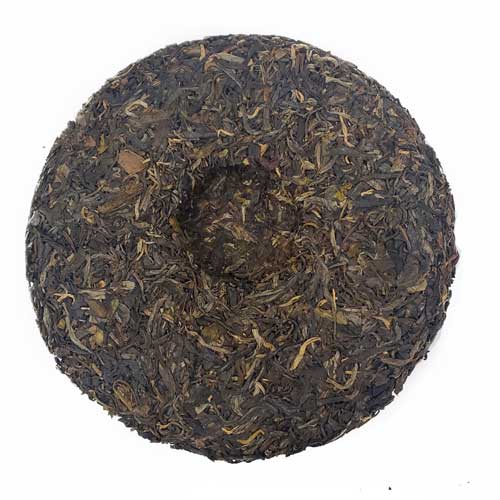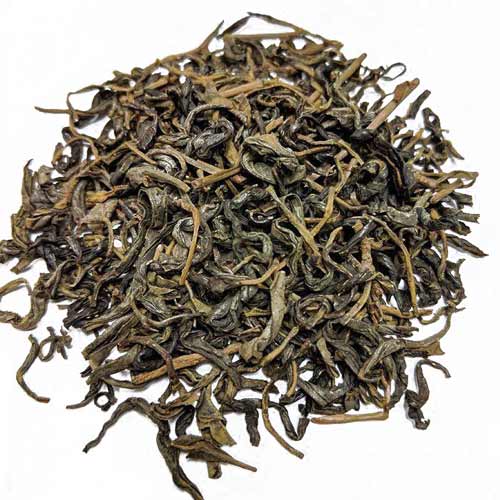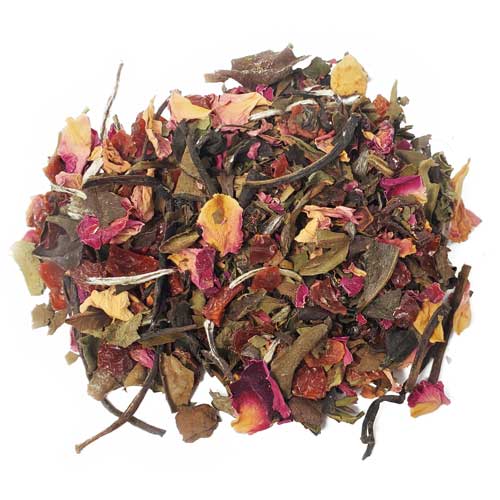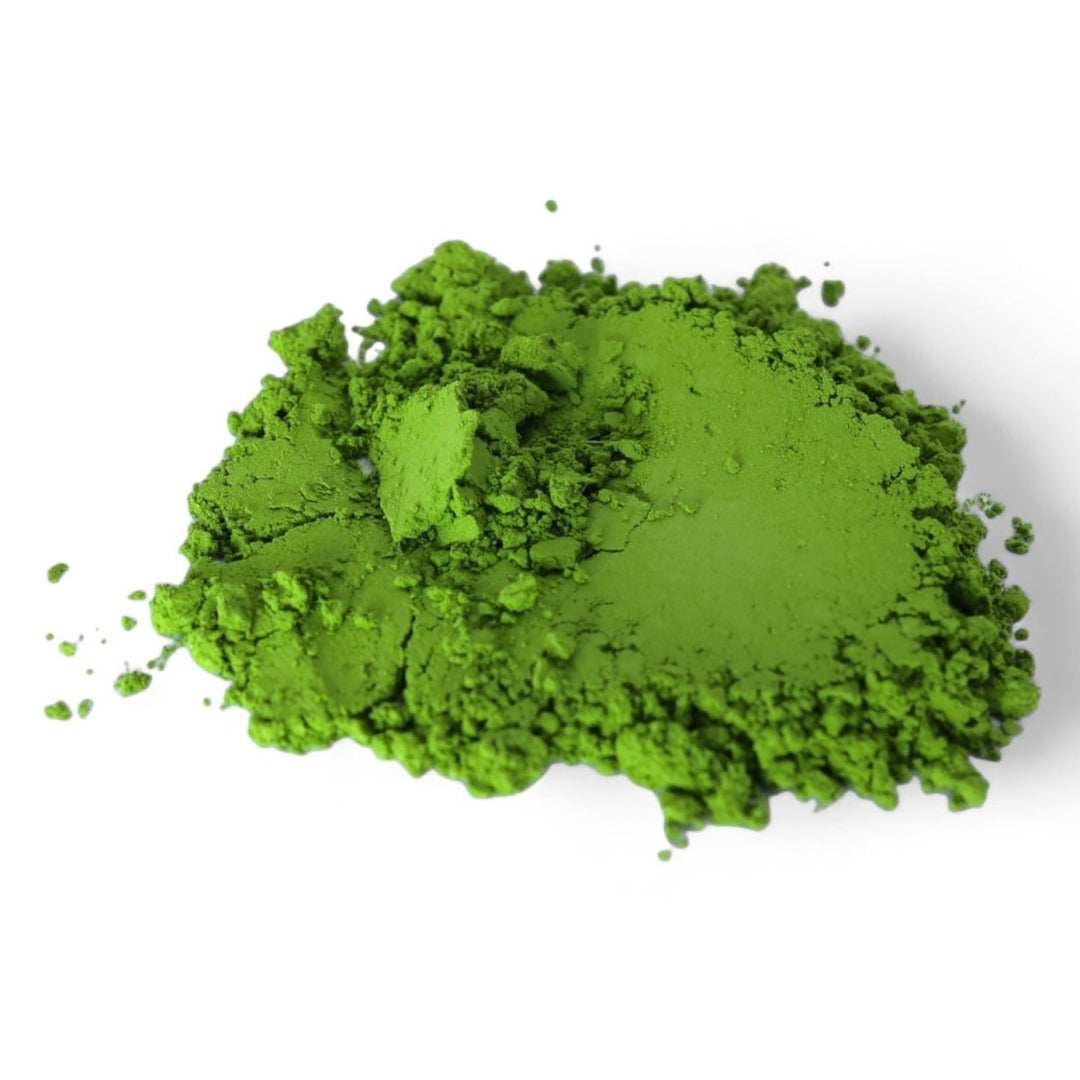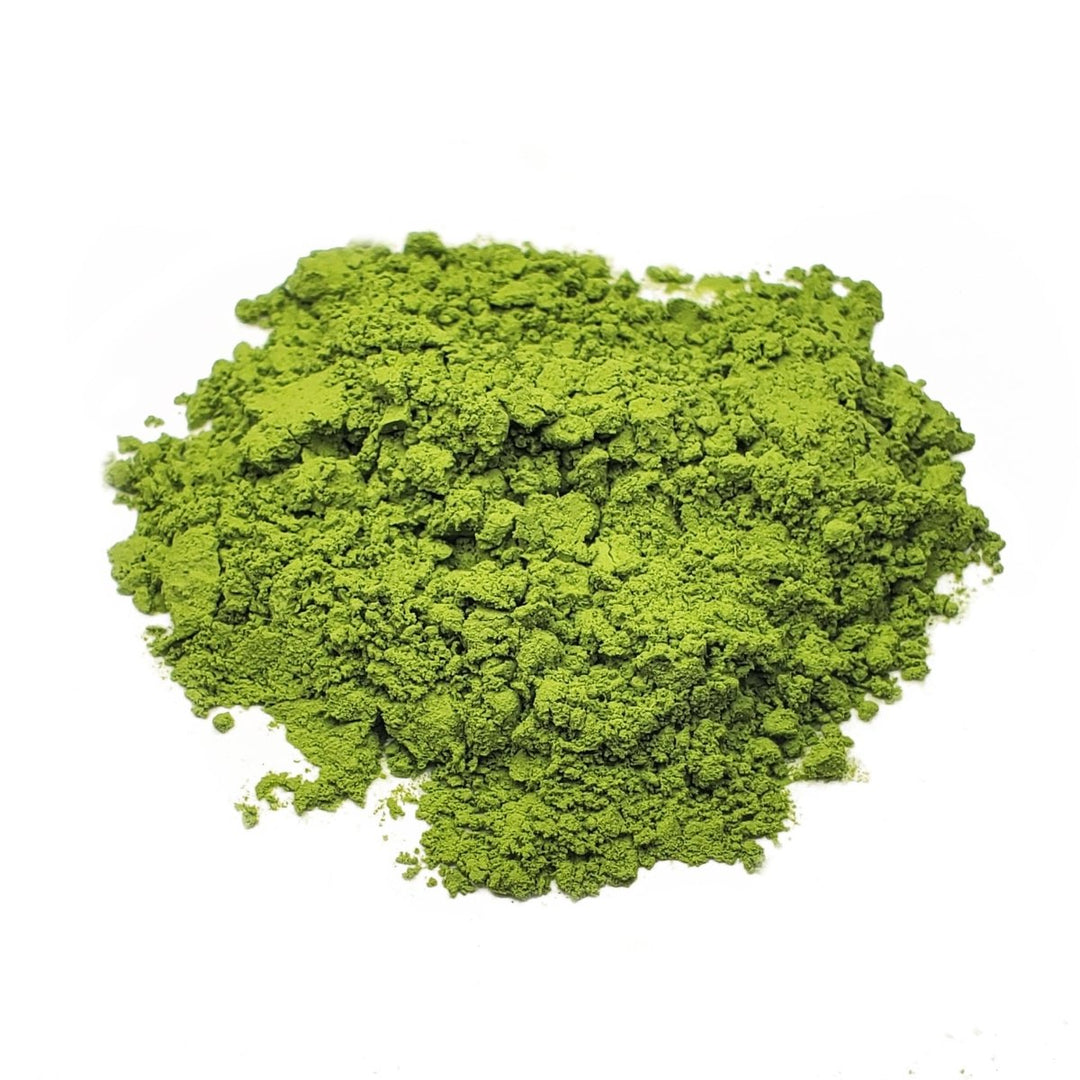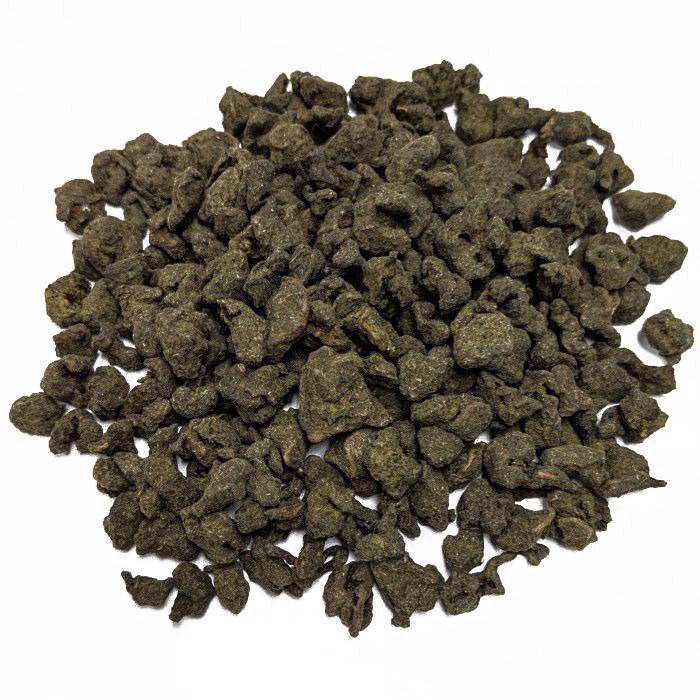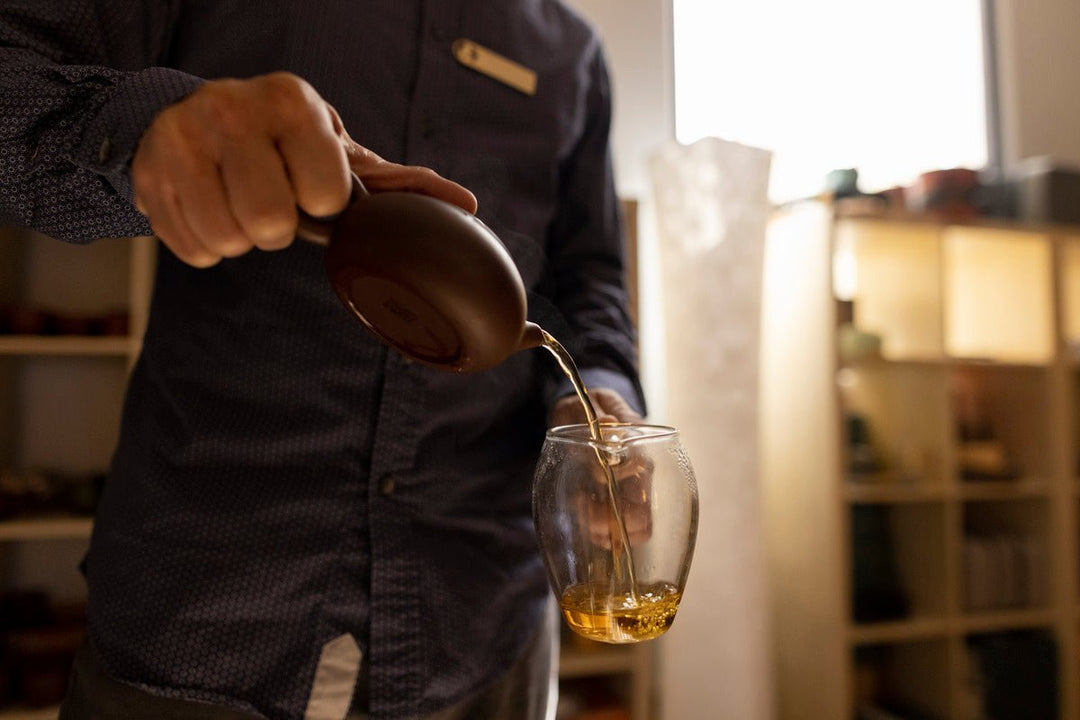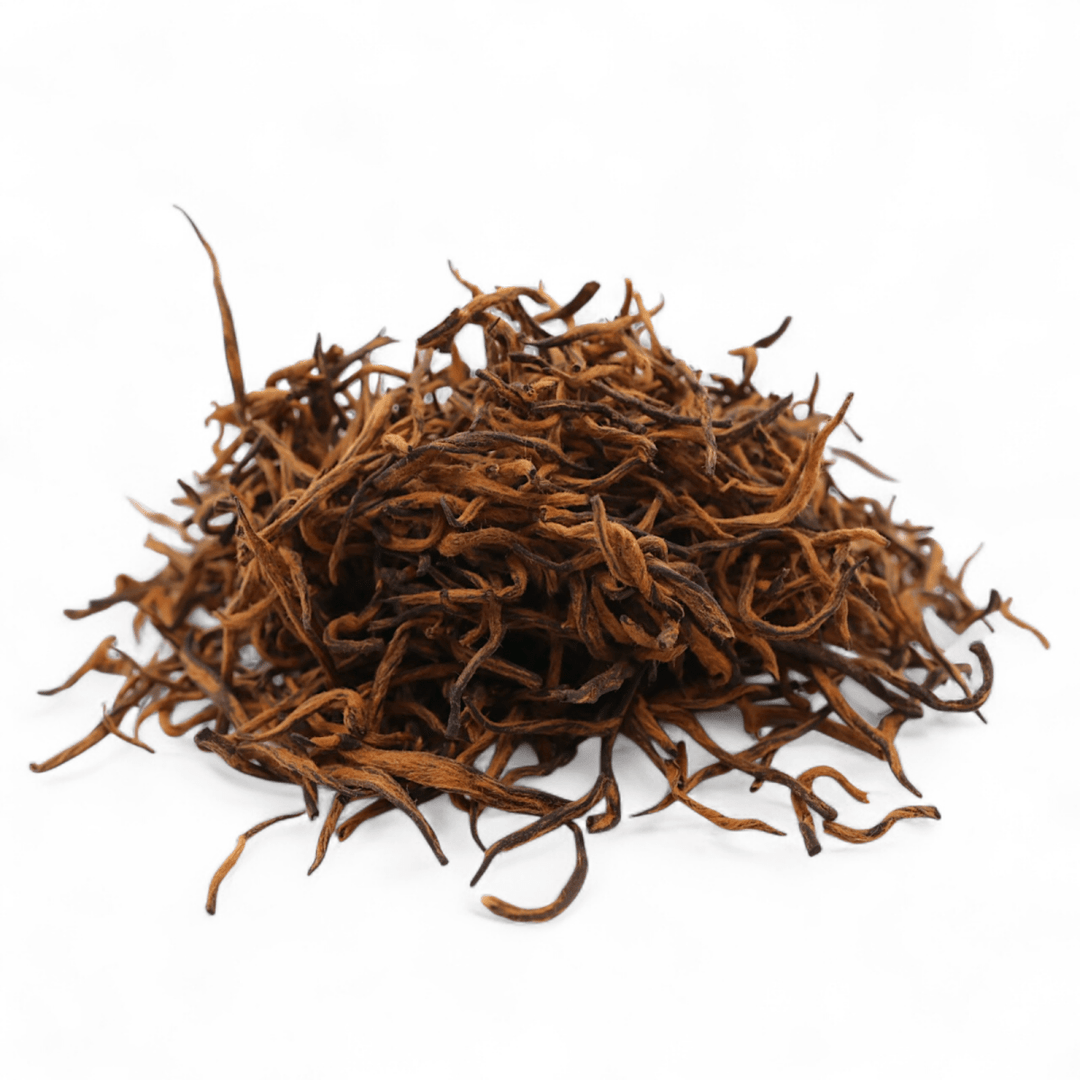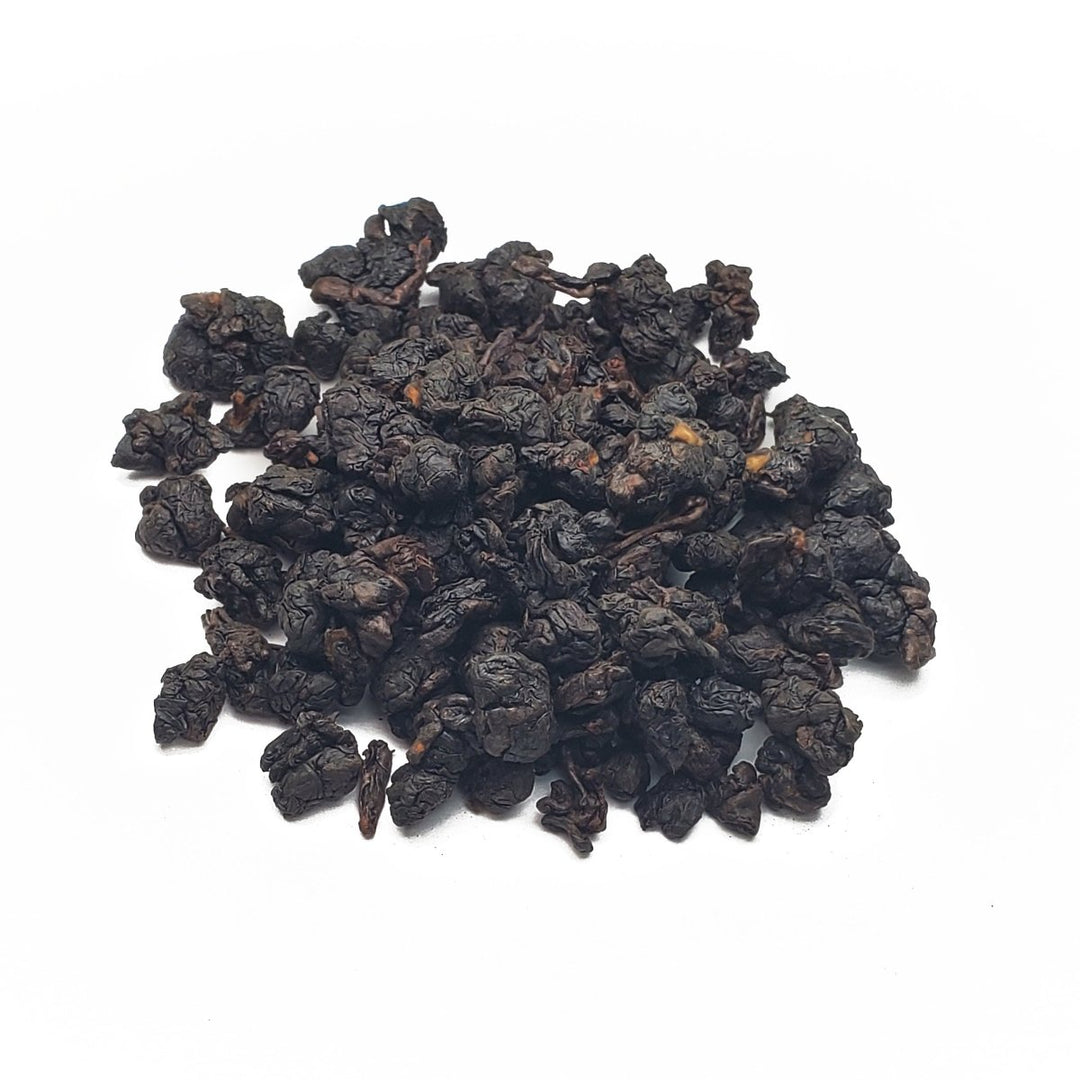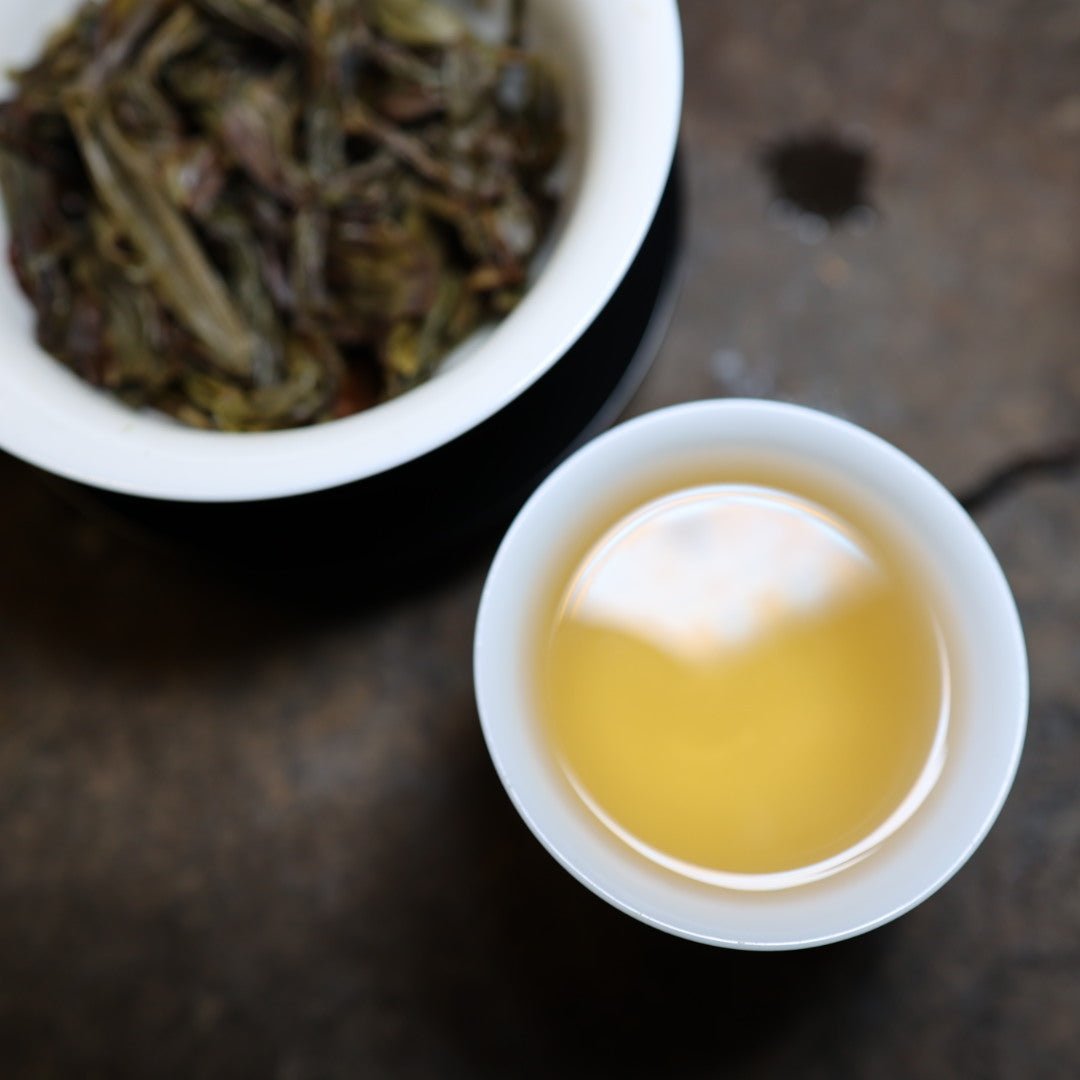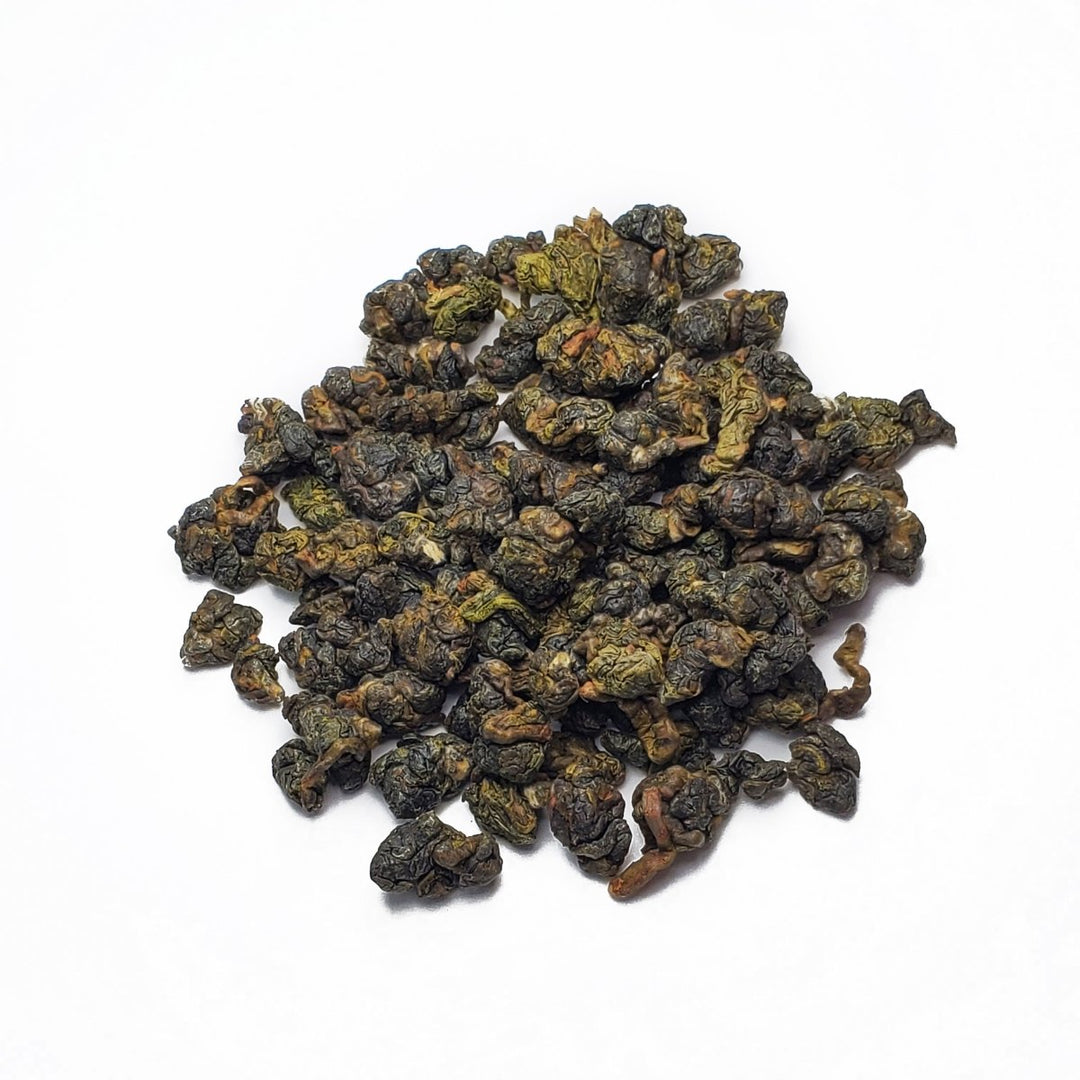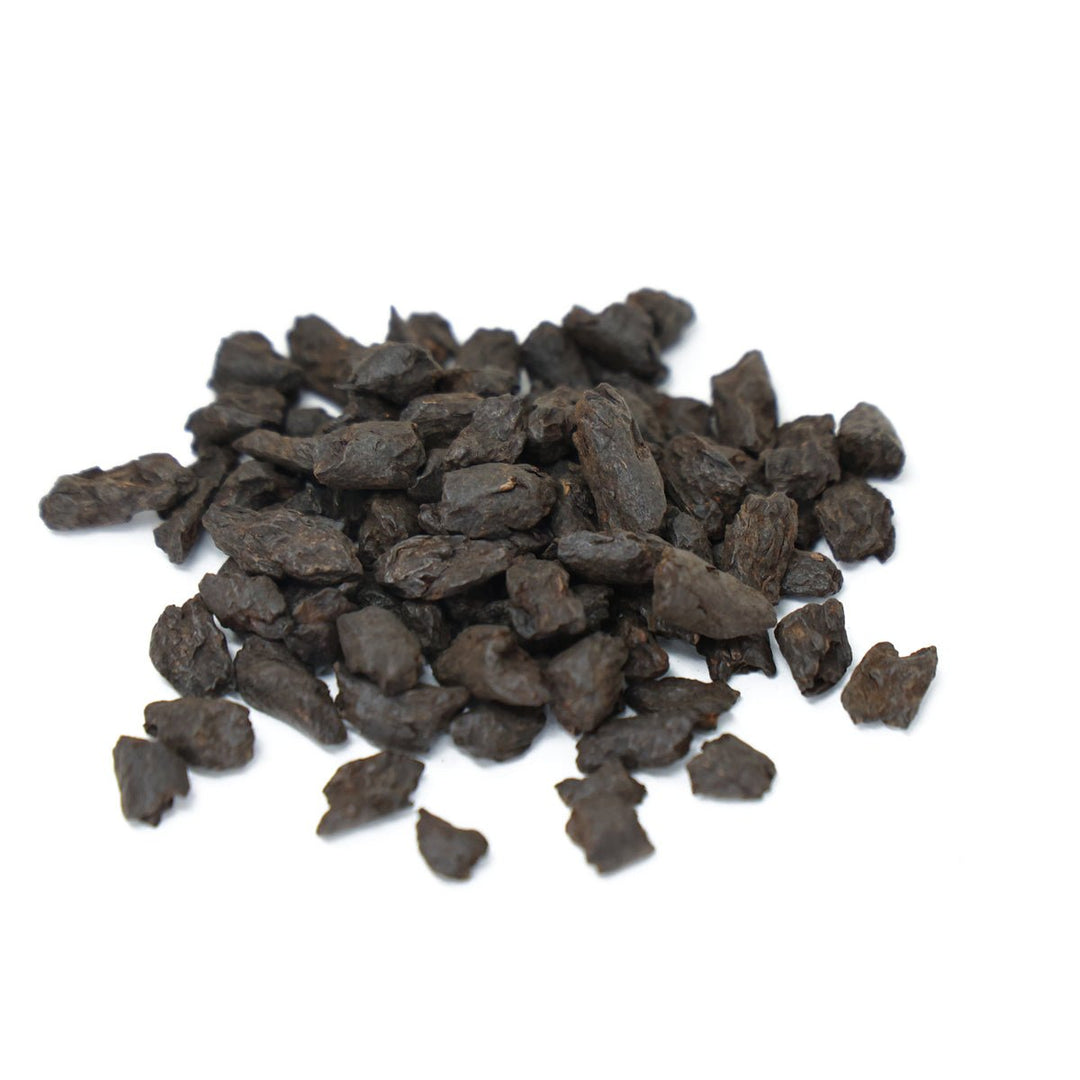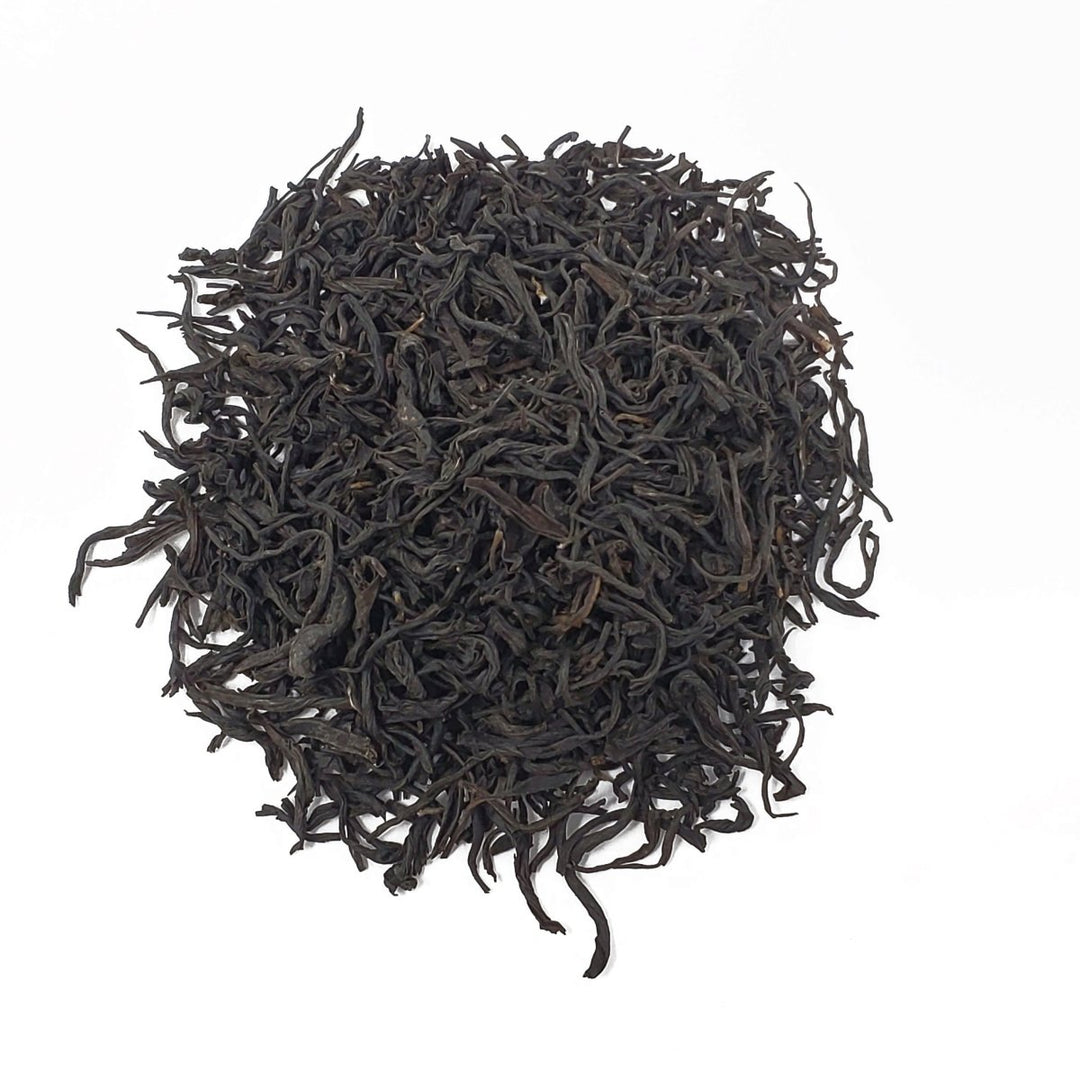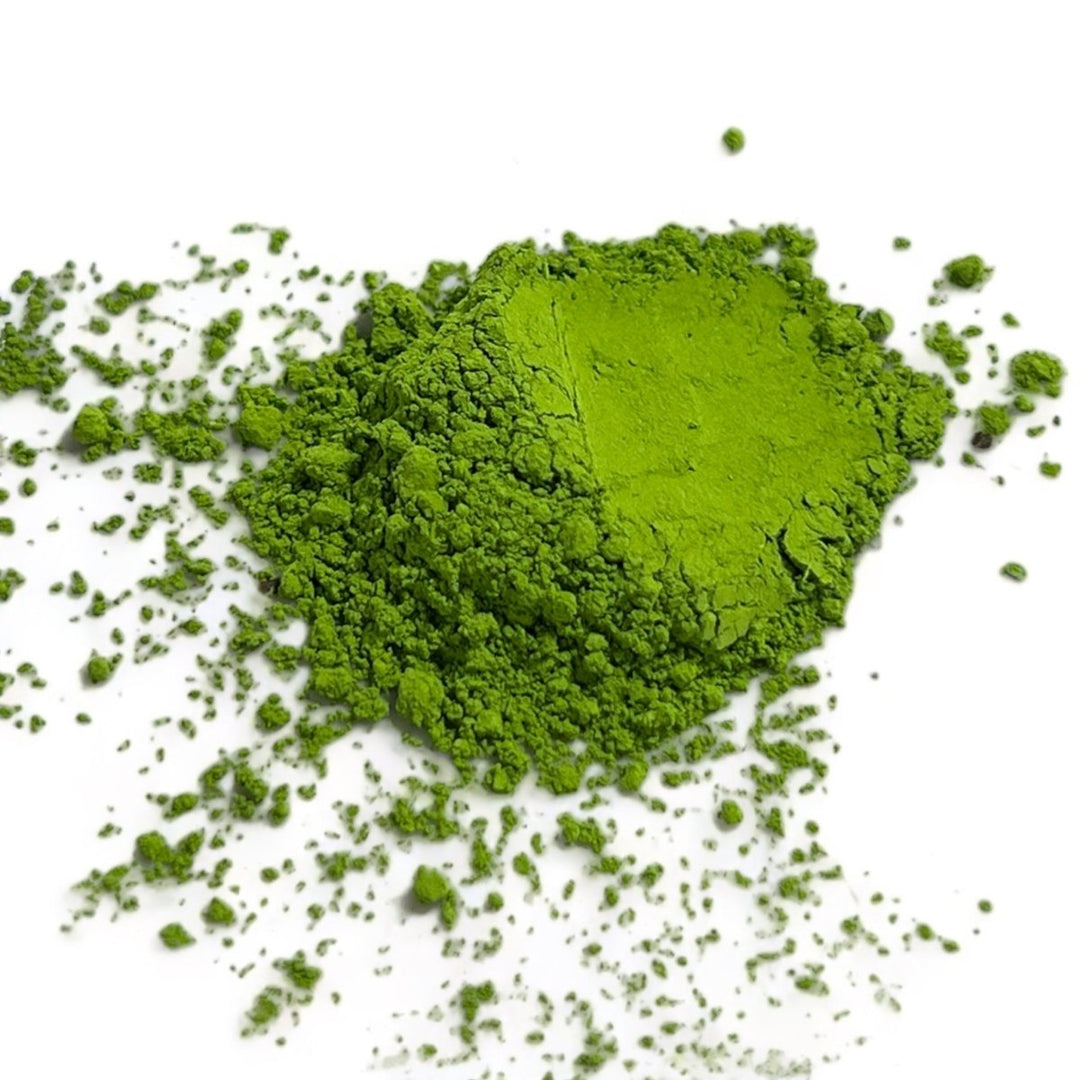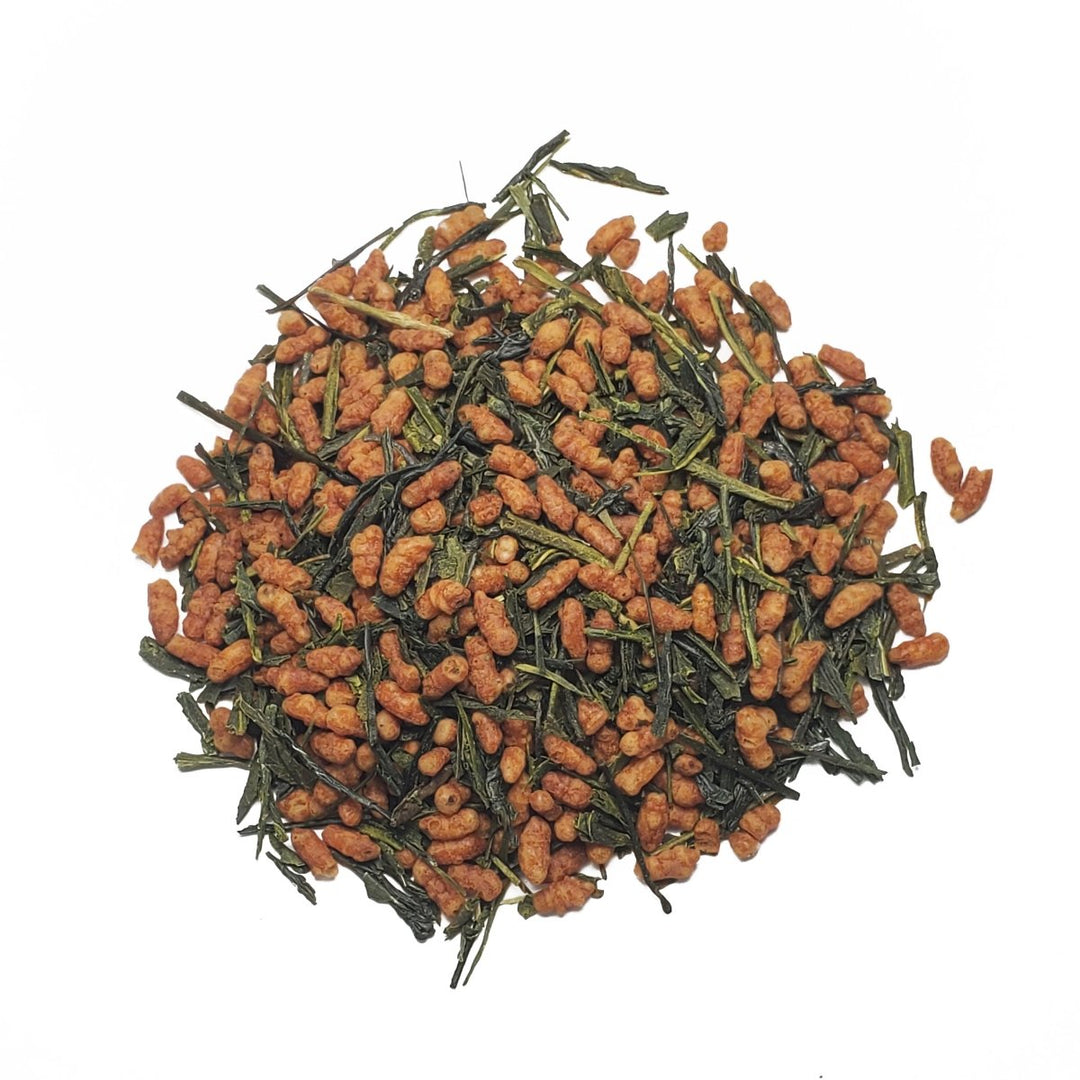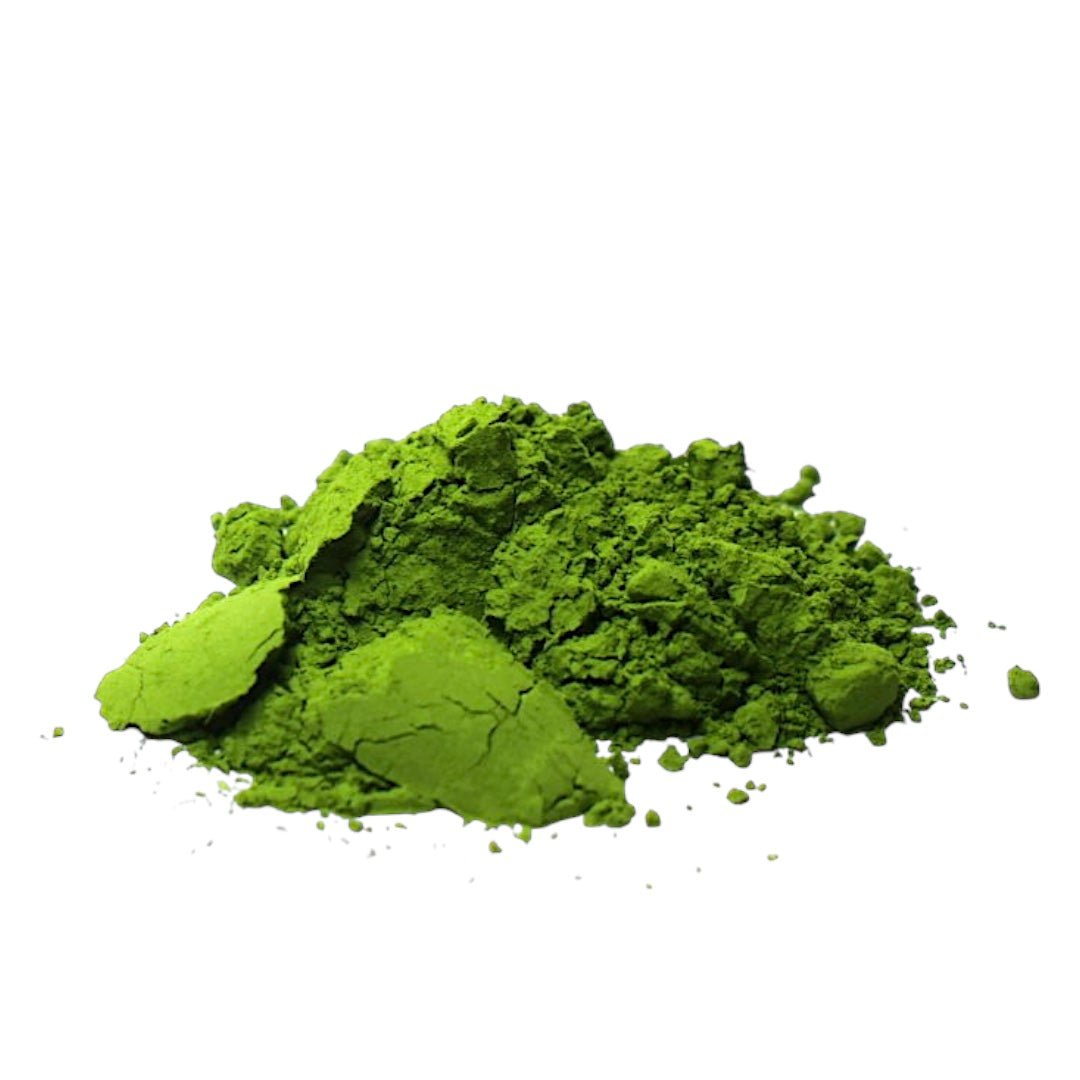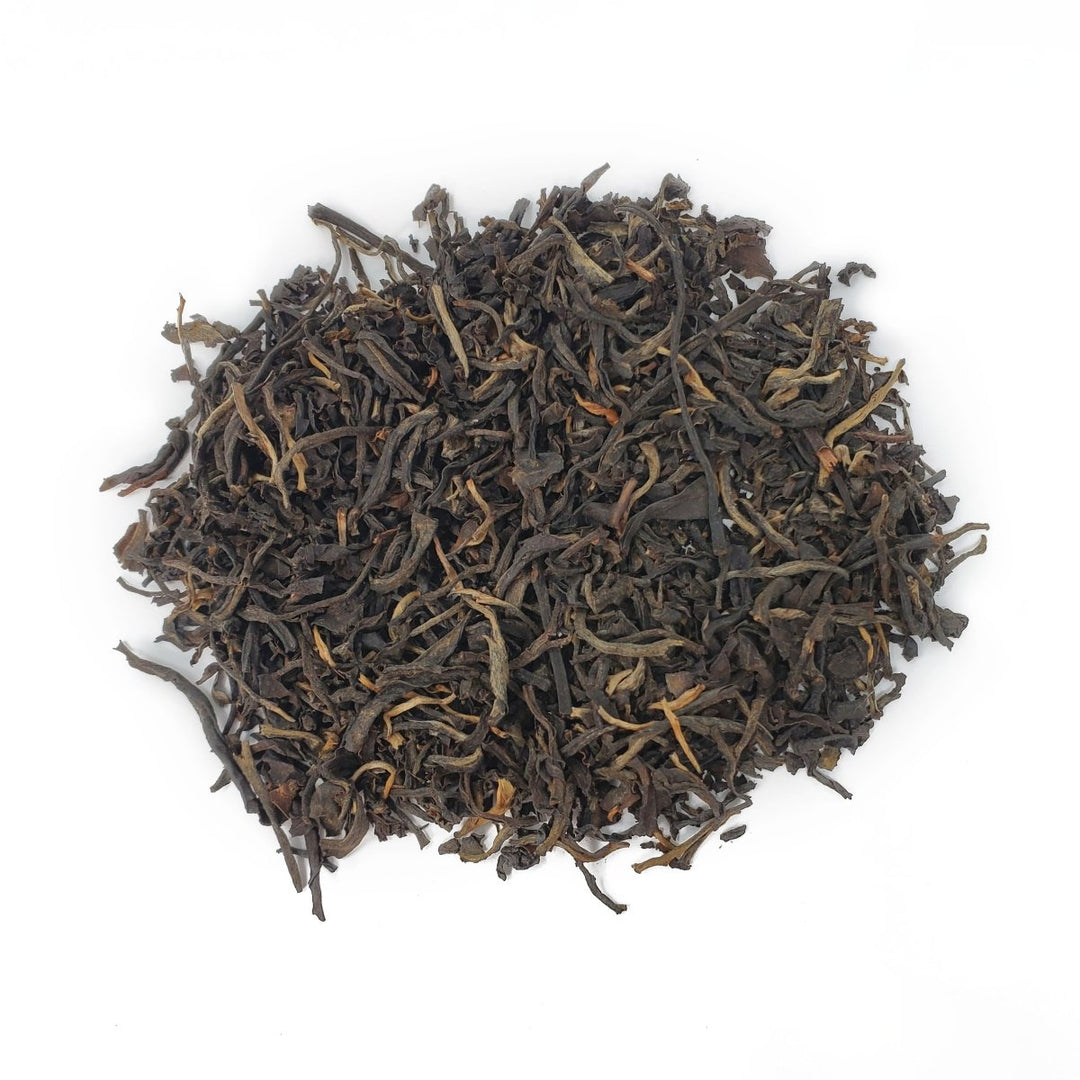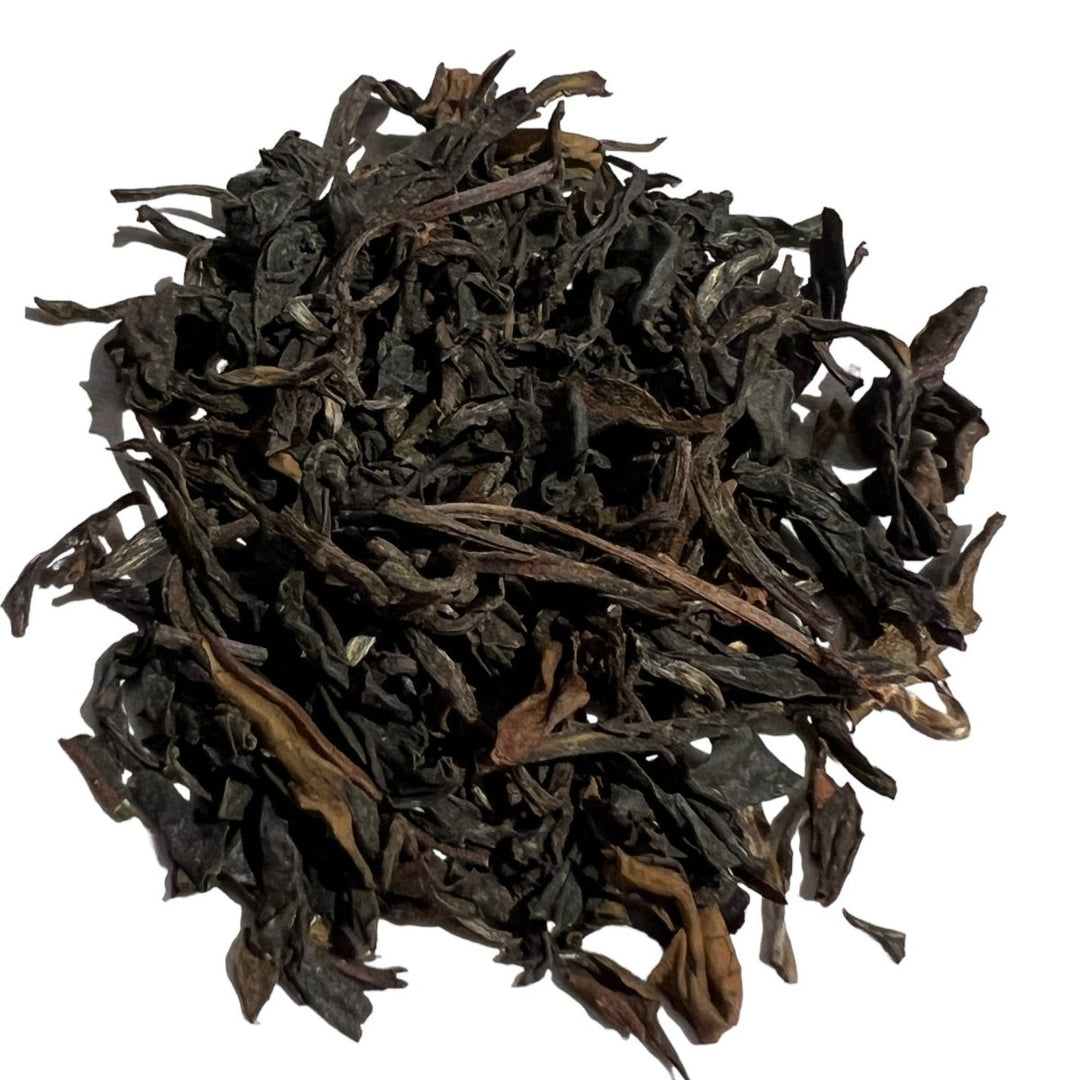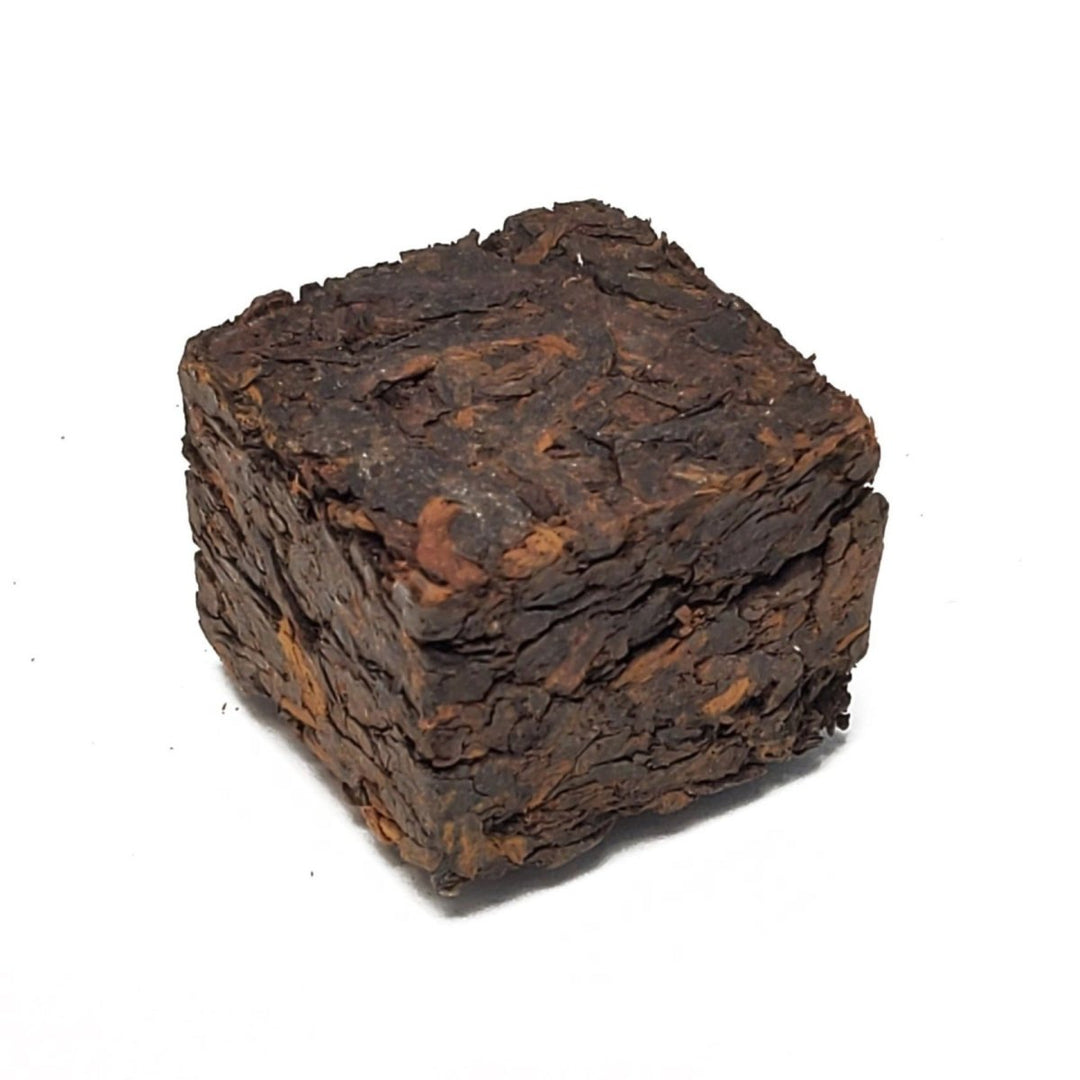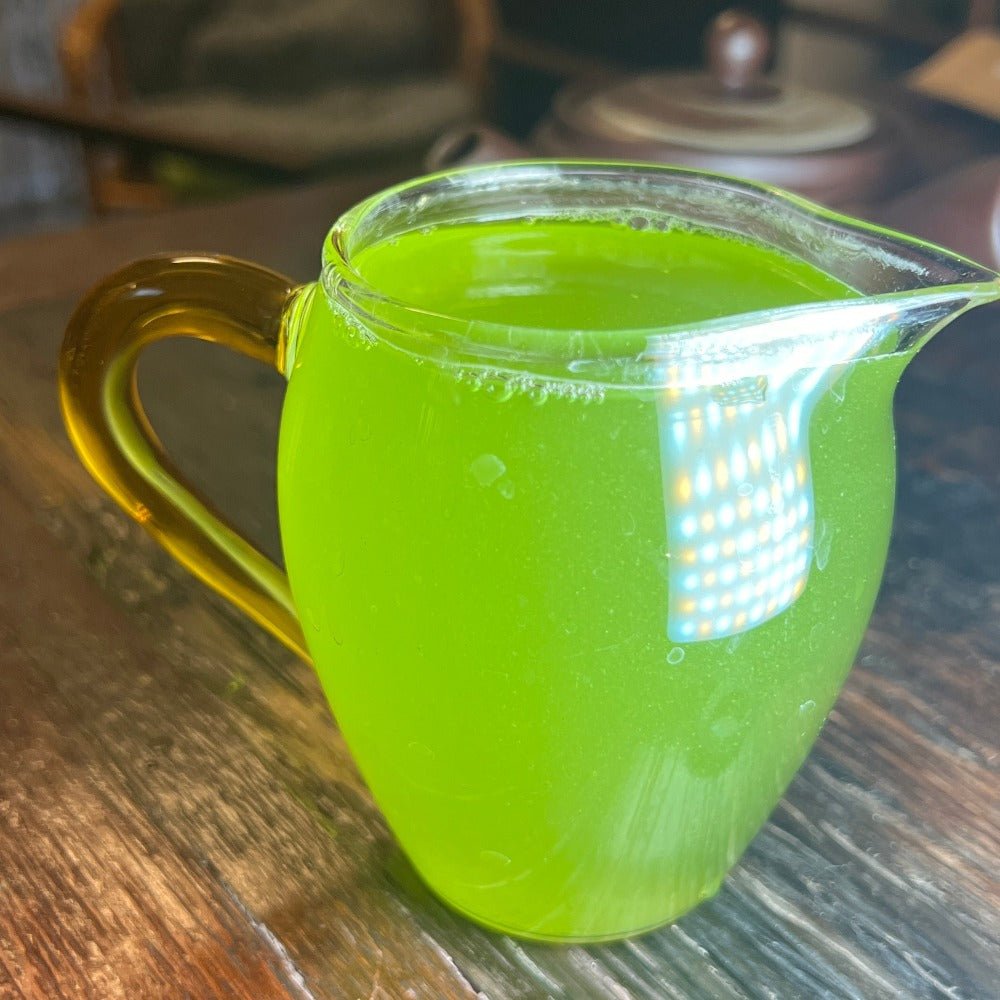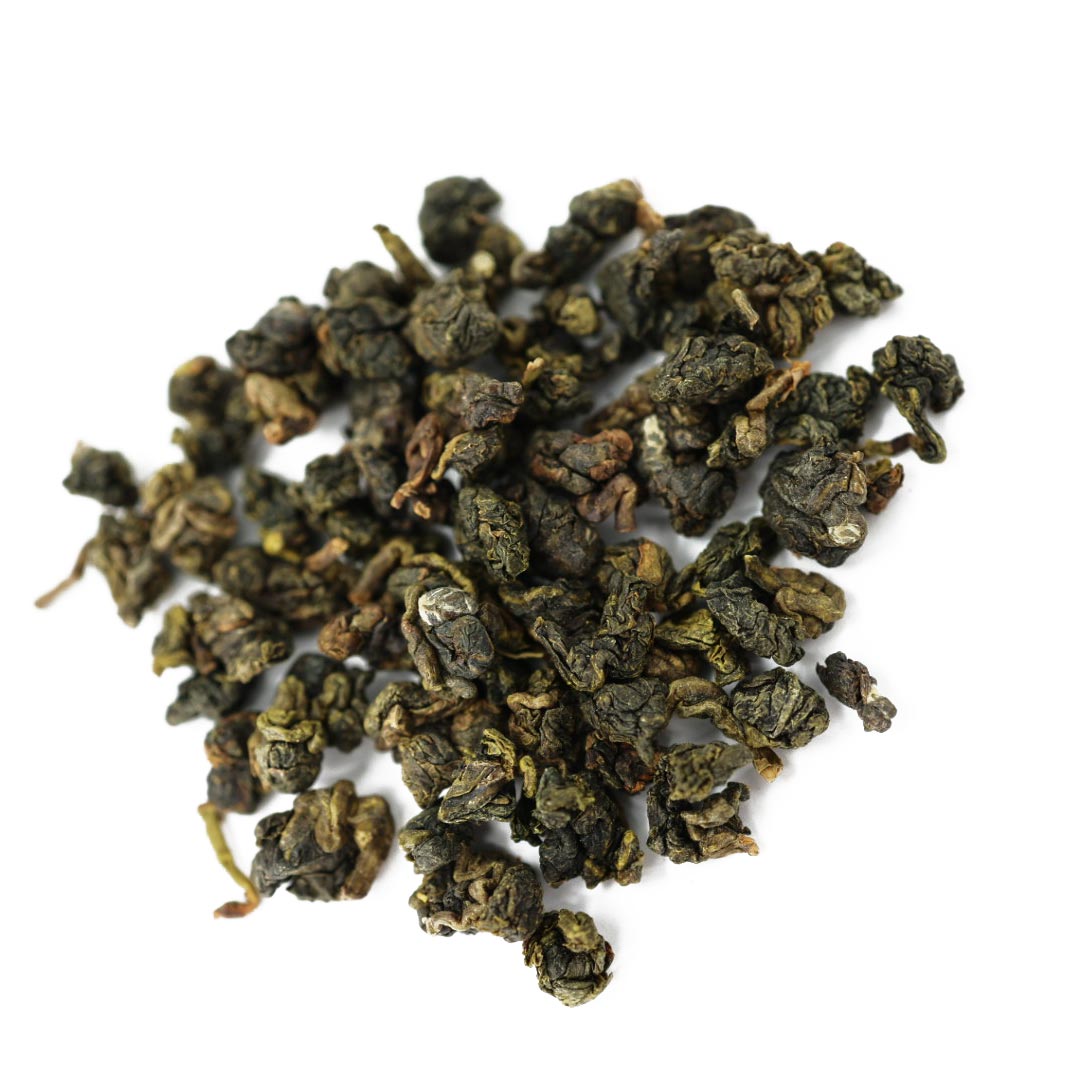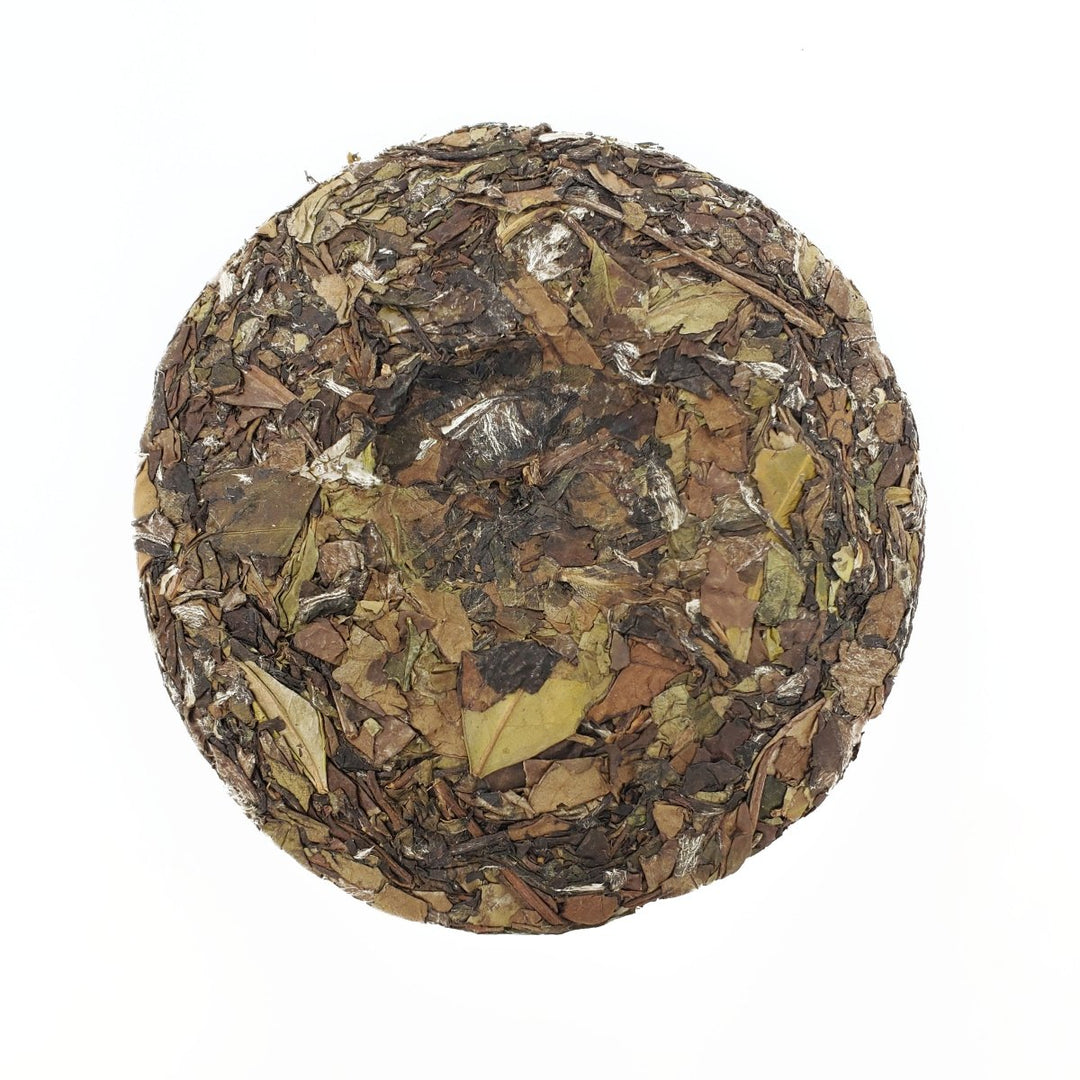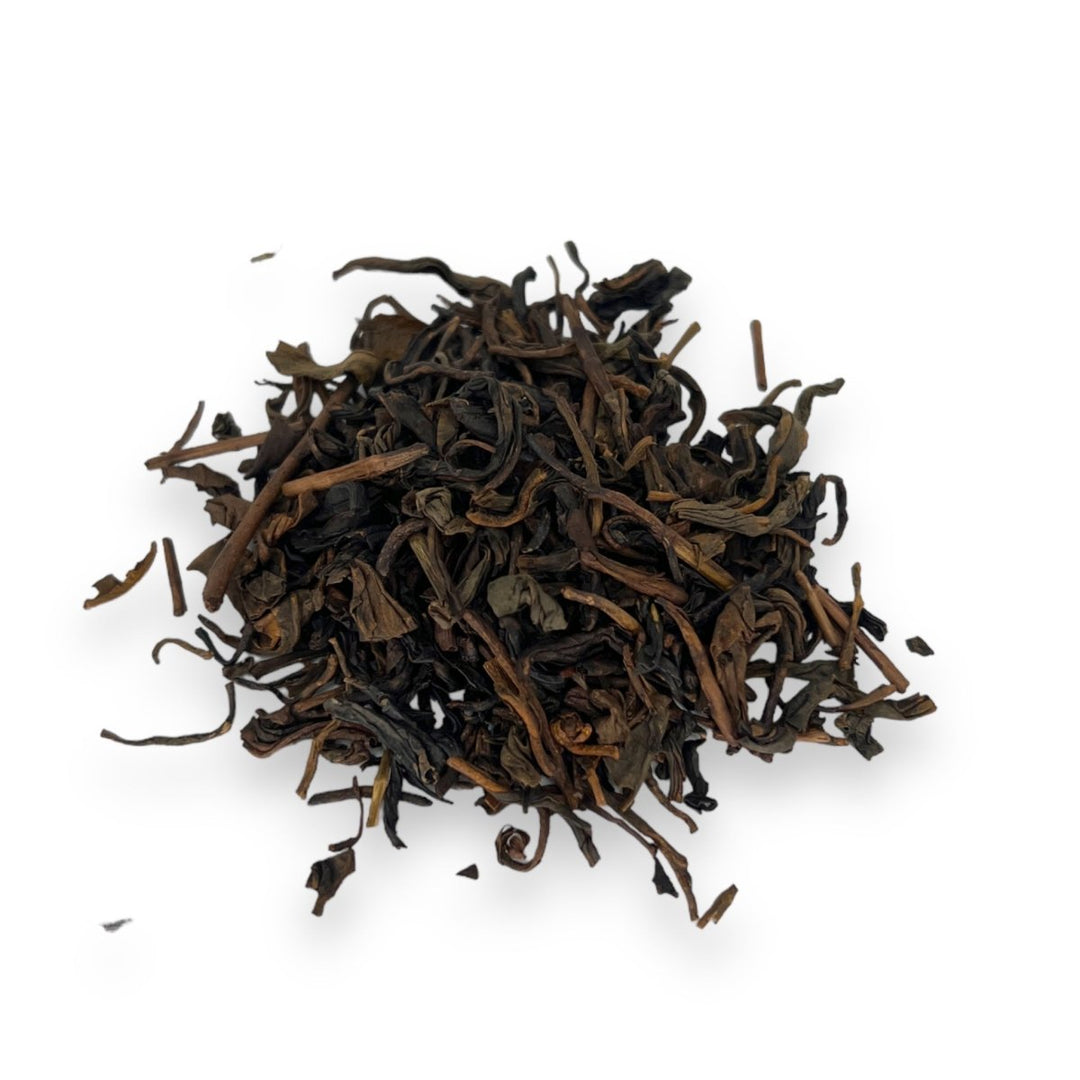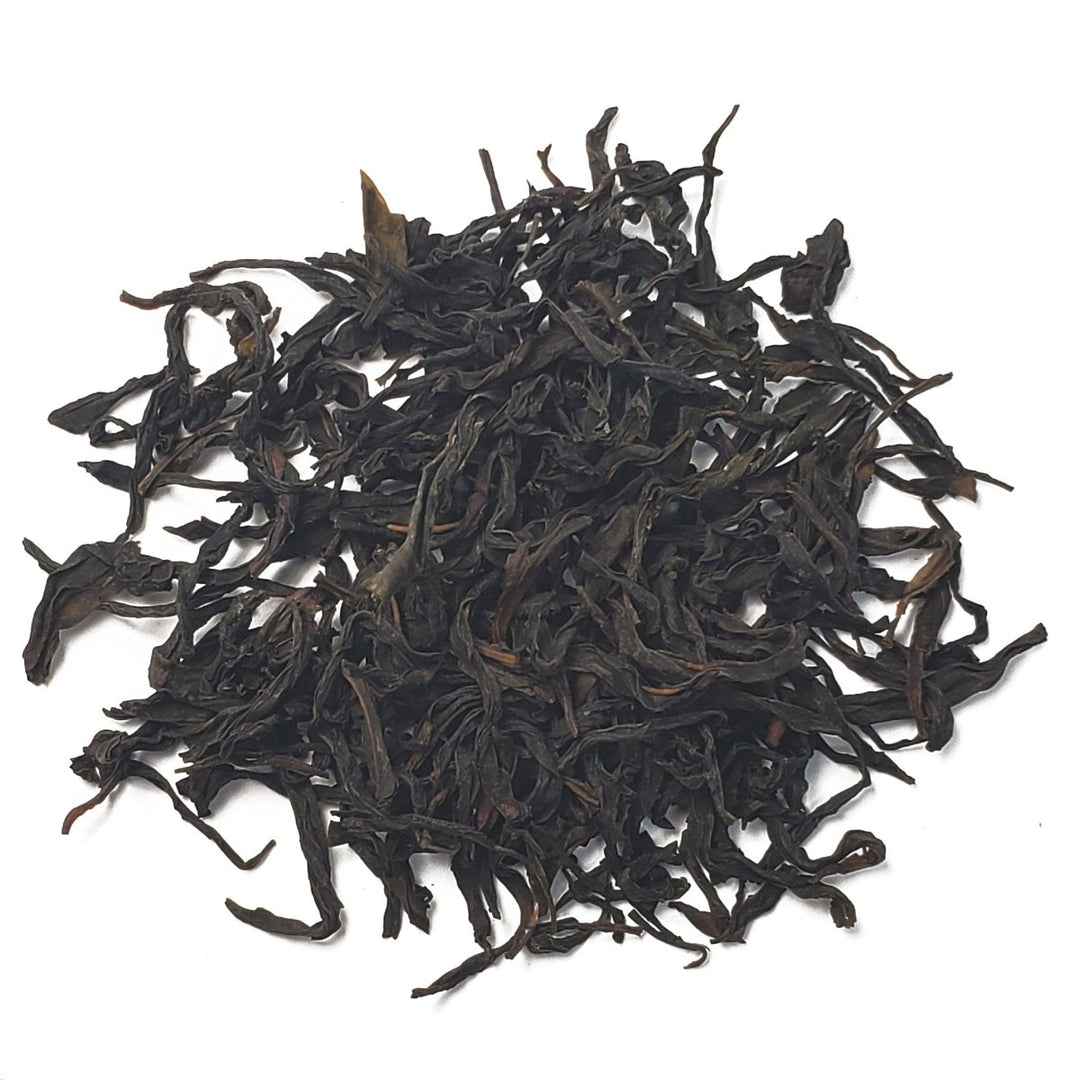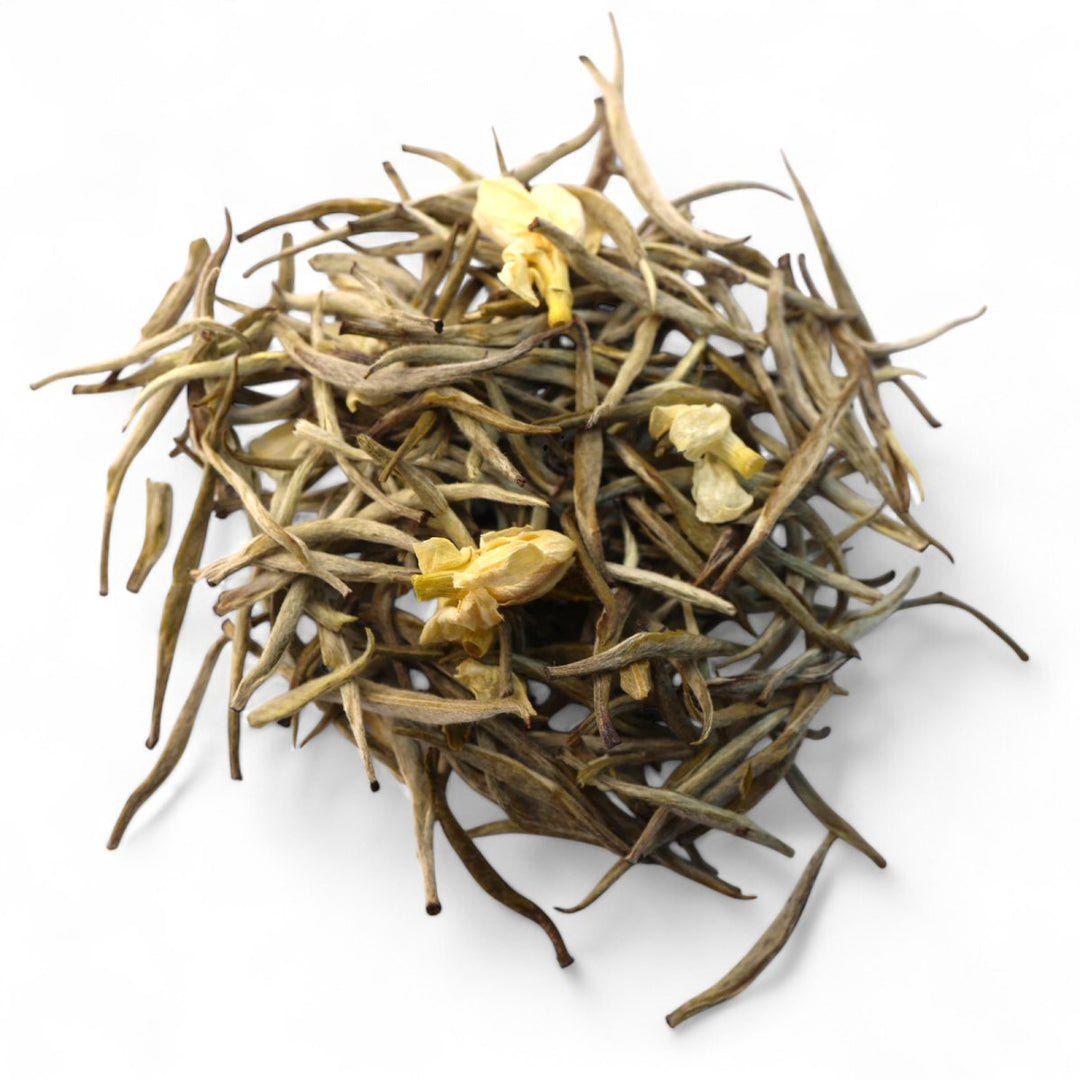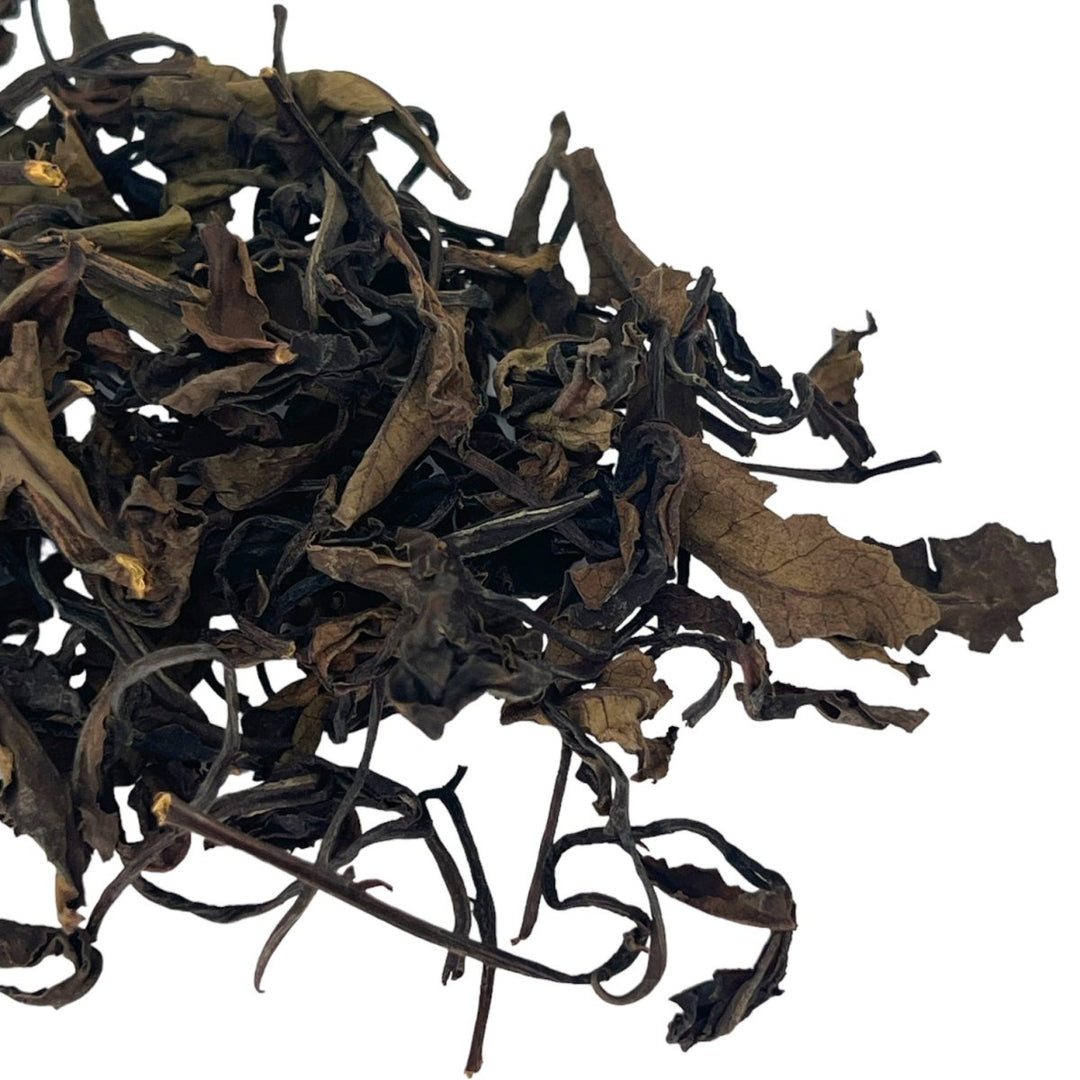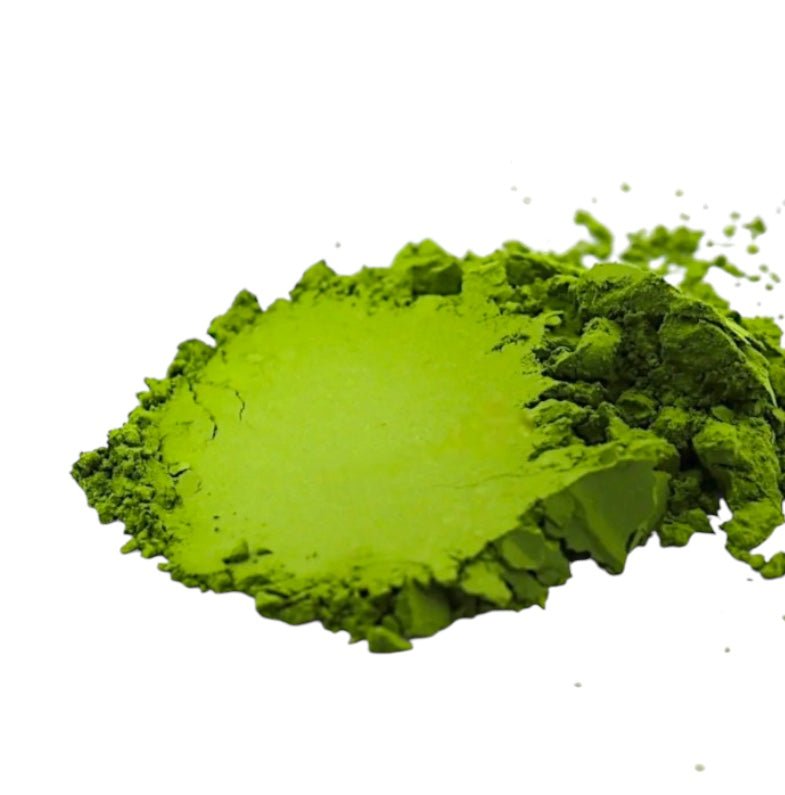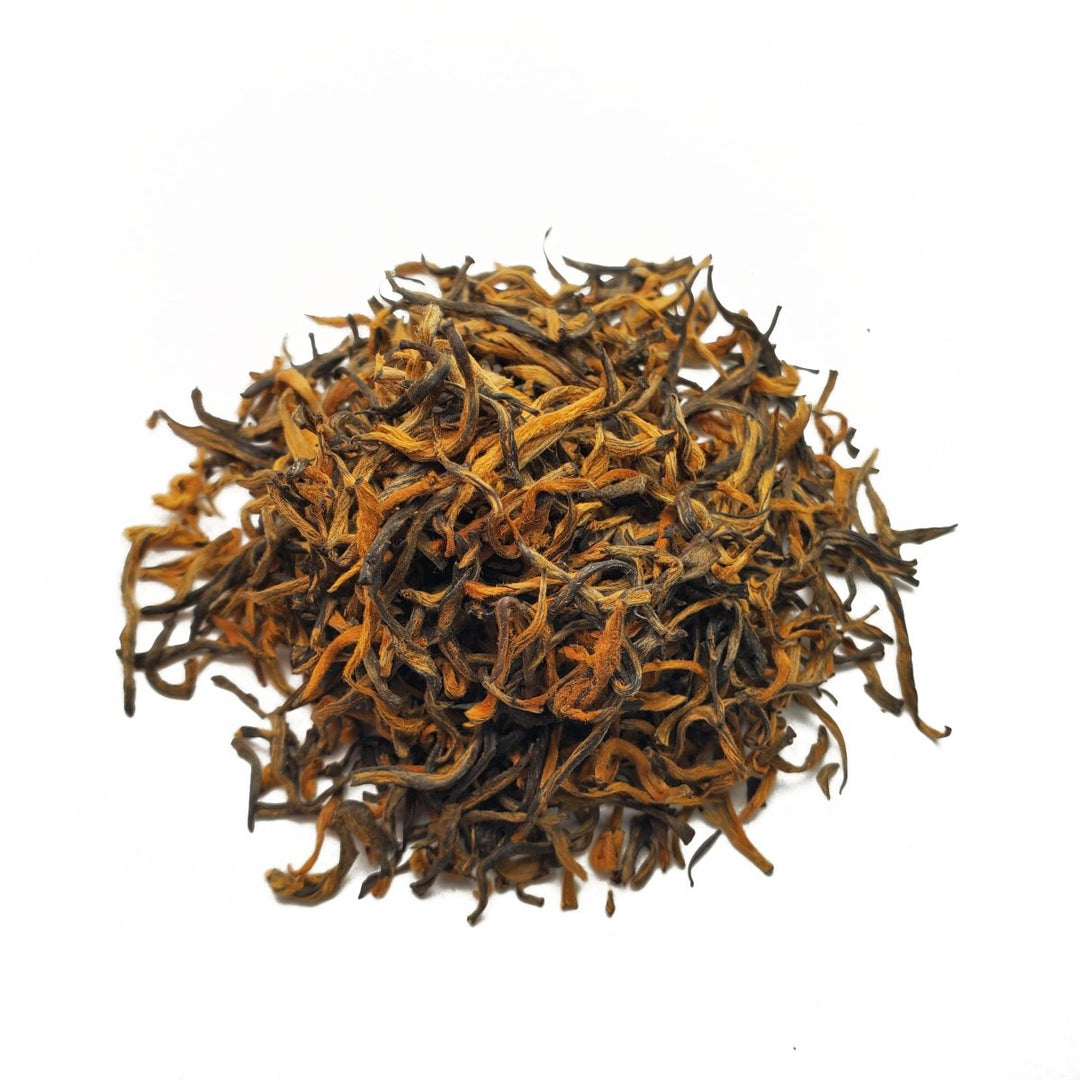While all tea comes from the Camellia sinensis plant, the different types of tea are determined by how the leaves are processed.
Green Tea
Green tea is made from unoxidized leaves and is one of the less processed types of tea. To make green tea, the leaves are quickly heated to prevent oxidation. This gives green tea its characteristic fresh, grassy flavor. Green tea is thought to be high in antioxidants and has been linked with a number of health benefits.
White Tea
White tea is made from young leaves and buds that have not yet fully opened. Like green tea, white tea is minimally processed to preserve its delicate flavor. White tea is often described as having a sweet, floral flavor and is thought to be higher in antioxidants than other types of tea.
Yellow Tea
Yellow tea is a relatively rare type of tea that is made in a similar way to green tea. The leaves are heated to prevent oxidation but are then allowed to oxidize for a short period of time before being dried again. This results in a yellow-colored liquor and a slightly sweeter flavor than green or white teas.
Oolong Tea
Oolong tea is partially oxidized and falls somewhere between green and black teas in terms of flavor and caffeine content. To make oolong tea, the leaves are withered in the sun or air-dried before being bruised and allowed to oxidize. Oolong teas can vary widely in flavor, depending on how long they are oxidized. They can be light and floral or dark and roasted in taste.
Black Tea
Black tea is fully oxidized and has a bolder flavor than other types of tea. To make black tea, the leaves are withered, rolled, and then allowed to oxidize until they turn black. Black teas are typically higher in caffeine than other types of teas.
Puerh Tea
Puerh tea is a fermented type of black tea that originates from China. Puerh teas are typically earthy in flavor with notes of mushrooms or tobacco. To make puerh tea, the leaves are first withered and then rolled before being left to ferment for anywhere from several months to several years.


